Posts
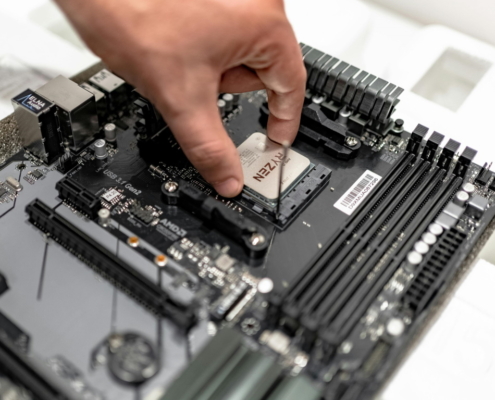
The macro-threats of microarchitectures
Digital, In the NewsProcessor vulnerabilities are no longer limited to the microarchitecural flaws identified in recent years. They now extend to different contexts and directly affect our digital uses. Faced with these increasingly widespread threats, research in security is mobilizing and multiplying approaches to better understand and address them. Maria Mushtaq, researcher at Télécom Paris and organizer of the MICSEC Winter School, sheds light on these developments and the challenges of a field in full transformation.

Myothesis digitizes craftsmanship
DigitalFaced with a shortage of skilled craftspeople, passing on expertise is becoming crucial. To address this issue, the young start-up Myothesis has developed a smart bracelet that can record professional movements and reproduce them in 3D. This solution helps to provide better and faster training in sectors where training still relies heavily on direct observation.

5G connecting constellations
Digital, In the NewsA space-based solution to connect remote regions is soon to become reality. But using low-orbiting satellites as telecommunications relay stations means certain functionalities of current terrestrial solutions have to be reinvented. Their constant movement is the reason. For the BPI 5G NTN mmWave project, Télécom Paris scientists are tackling this technical challenge, by developing new algorithms and performance models in order to assess the limitations of the system and then optimize it.

No more, no less: energy-efficient networks for 5G
Digital, Energy & environment, In the NewsFaced with the expansion of 5G and the challenges of 6G, energy restraint and exposure to electromagnetic fields are becoming major issues for the networks of tomorrow. Between optimizing infrastructures, mobile sensors and prediction models, scientists are striving to reconcile performance, lower consumption and quality of service. Just Enough Network, a project co-led by Télécom Paris, is therefore trying to build networks that are ‘just enough’ to meet our needs, without surplus or wastage.
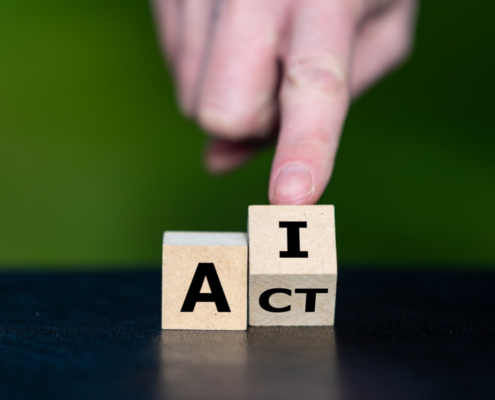
The AI Act makes an entrance
Digital, In the News, SocietyThe AI Act was adopted on June 13, 2024 with the aim of regulating artificial intelligence within the EU. The Act classifies AI systems by their level of risk, and imposes strict restrictions on technologies that pose significant threats to security and individual liberties. How does this differ in comparison to existing frameworks and how will it be implemented? An analysis from Winston Maxwell and Anne-Sophie Taillandier, two AI experts.
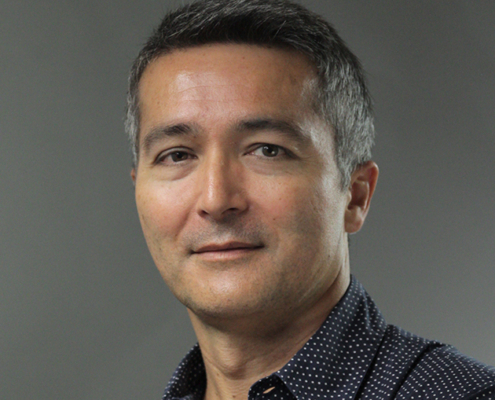
What are neural networks?
Digital, In the News, What's?Neural networks are AI models designed by machine learning. They are inspired by the workings of the human brain and allow machines to carry out different tasks autonomously. Using large quantities of data as examples, they can be trained in image recognition or text analysis. Beyond their predictive performance, a number of scientific challenges still need to be resolved, concerning the understanding of their limits, reliability of their use, and their acceptability, in addition to ethical issues such as energy consumption. Stephan Clémençon, a researcher in artificial intelligence at Télécom Paris, explains more.

Do we still need structured information? (The answer is yes)
Digital, In the NewsLarge language models (LLM) are revolutionizing the relevance of natural language comprehension and text responses. Combining them with structured data for standardized organization only improves their accuracy. It is against this backdrop that Telecom Paris researcher Fabian Suchanek and his team are continuing to develop the YAGO knowledge base.
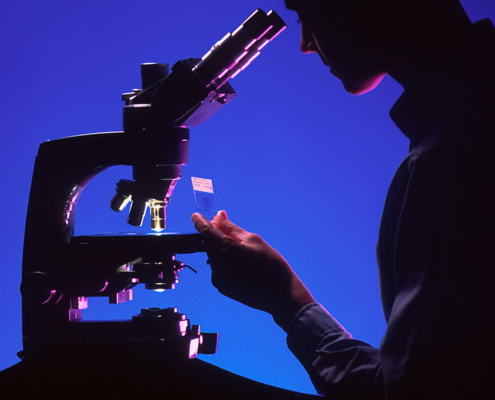
A biocluster to boost innovation in cancer treatment
Health, In the NewsParis Saclay Cancer Cluster offers a wide range of scientific and technical solutions to support the challenging field of research aimed at fighting cancer. Telecom Paris is invested in this ambitious initiative, which strengthens ties between those driving innovation in oncology and provides access to a combination of technological platforms, databases, expertise and training opportunities.
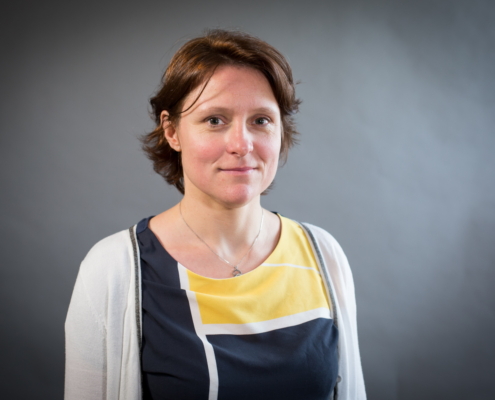
Michèle Wigger: exploring the fundamental limits of information systems
Digital, In the News, PortraitFollowing her first ERC grant in 2017, Michèle Wigger has been awarded a second European grant to support her work in information theory. The Telecom Paris researcher will continue to study the fundamental limits of communication systems, but will focus her main research efforts on the theoretical side.
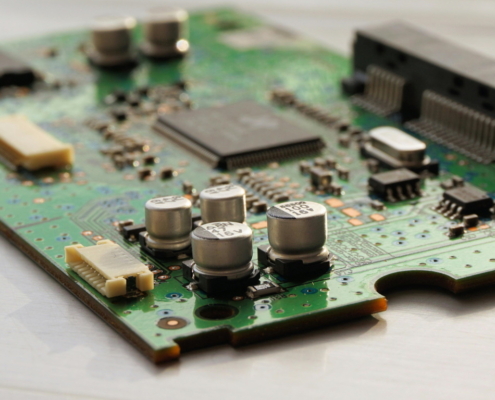
Side Channel Attacks: How to exploit vulnerabilities of processors?
Digital, In the NewsSide channel attacks exploit confidential information obtained from microarchitecture of general purpose computers, in other terms microprocessors. Maria Mushtaq, researcher in cybersecurity at Telecom Paris, explains how these attacks work and give suggestions to improve computer security.

